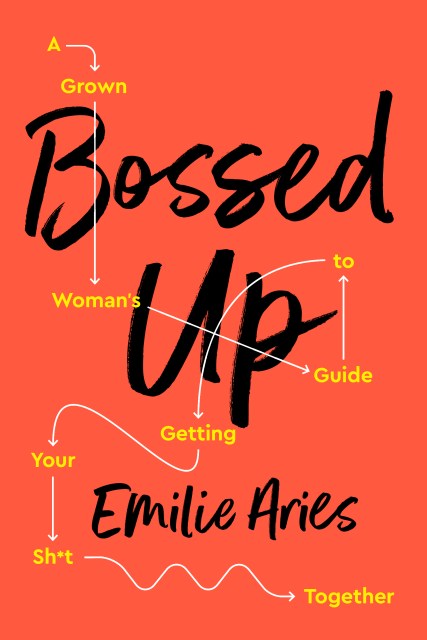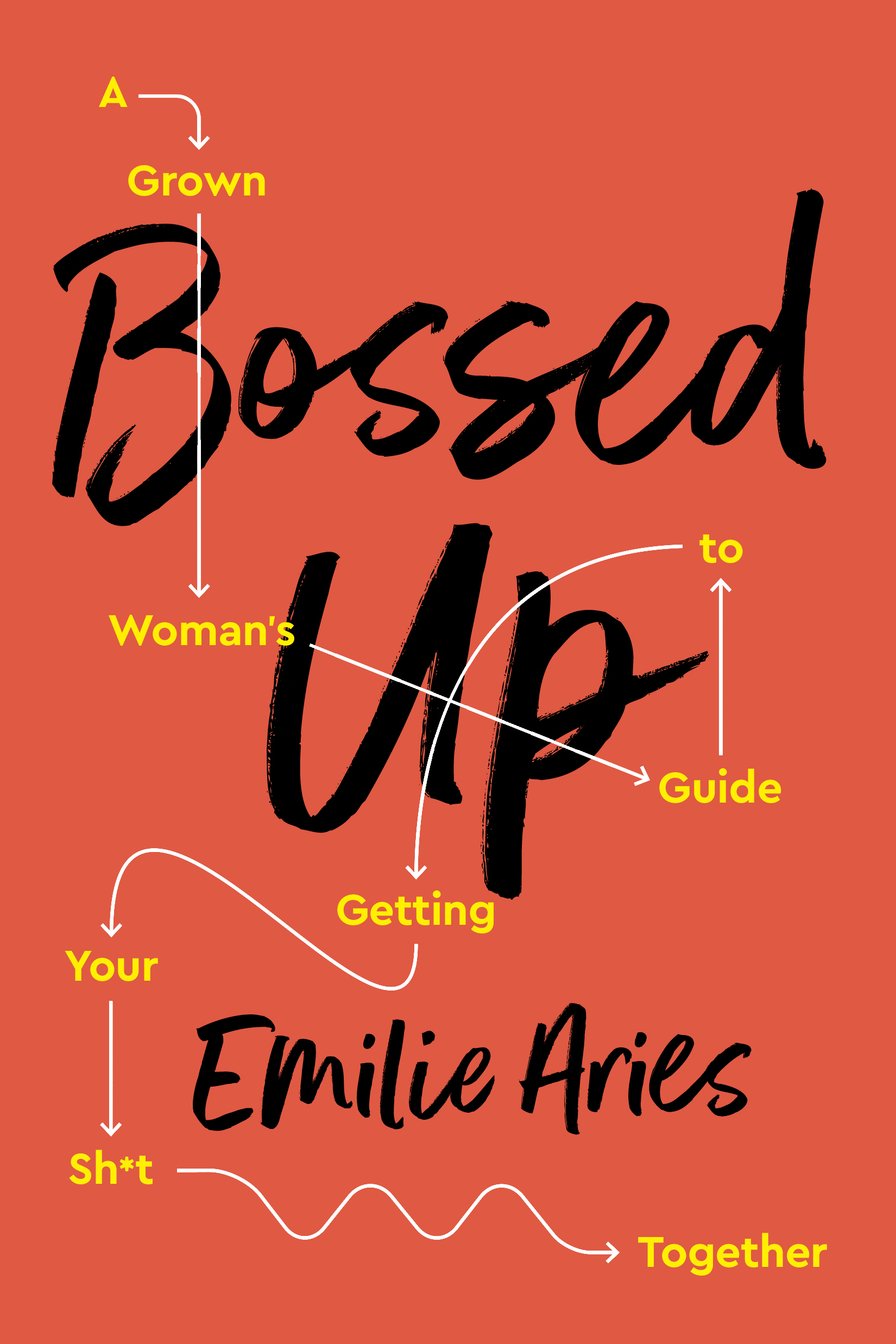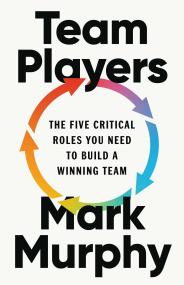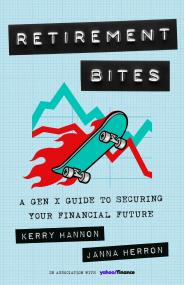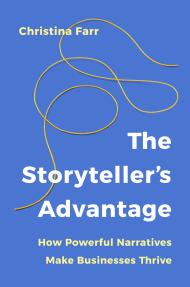By clicking “Accept,” you agree to the use of cookies and similar technologies on your device as set forth in our Cookie Policy and our Privacy Policy. Please note that certain cookies are essential for this website to function properly and do not require user consent to be deployed.
Bossed Up
A Grown Woman's Guide to Getting Your Sh*t Together
Contributors
By Emilie Aries
Formats and Prices
- On Sale
- May 21, 2019
- Page Count
- 256 pages
- Publisher
- PublicAffairs
- ISBN-13
- 9781541724181
Price
$14.99Price
$16.99 CADFormat
Format:
- ebook $14.99 $16.99 CAD
- Audiobook Download (Unabridged)
- Trade Paperback $17.99 $22.99 CAD
This item is a preorder. Your payment method will be charged immediately, and the product is expected to ship on or around May 21, 2019. This date is subject to change due to shipping delays beyond our control.
Buy from Other Retailers:
Young women today face an uncertain job market, the pressure to ascend at all costs, and a fear of burning out. But the landscape is changing, and women are taking an assertive role in shaping our careers and lives, while investing more and more in our community of support.
Bossed Up teaches you how to:
- Break out of the “martyrdom mindset,” and cultivate your Boss Identity by getting clear on what you really want for your career and life without apology;
- Hone the self-advocacy skills necessary for success;
- Understand the differences between being assertive (which is part of being a leader) and being aggressive (which is more like being a bully) – and how that clarity can transform your trajectory;
- Beat burnout by identifying how the warning signs may be showing up in your life and how to prioritize bringing more rest, purpose, agency, and community to your day-to-day life;
- Unpack the steps to cultivating something more than just confidence; a boss identity, which will establish your ability to be the boss of your life no matter what comes your way.
Drawing from timely research, and with personal stories, and spotlights on a diverse group of women from the Bossed Up community, this book will show you how to craft a happy, healthy, and sustainable career path you’ll love.
-
"Emilie Aries is not your typical #girlboss, and Bossed Up isn't your typical Girl Power manual. Instead, it's a practical, accessible, and thoroughly feminist guide to getting your priorities in order, letting go of the personal and cultural expectations that hold us back, and succeeding on your own terms."Jill Filipovic, author of The H-Spot: The Feminist Pursuit of Happiness
-
"Bossed Up provides actionable advice mixed with relatable stories about how to know your worth and advocate for the career you deserve, even in an unjust world. A must-read for anyone who wants to set themselves up for sustainable, long-term success."Farnoosh Torabi, bestselling author and host of the "You're So Money" podcast
-
"Emilie shared practical advice for ditching martyrdom, advocating for yourself, and avoiding burnout. Readers are guaranteed to learn a ton."Elisa Kreisinger
-
"If you hate every other career guide you've read, Bossed Up might be the book for you. Em doesn't guilt you about the things that haven't gone right in your career, but she doesn't accept you can't change them, either. She sharply identifies the structural barriers standing in our way, and gives practical steps to overcome them. If you want a career guide that really understands what it's like to be a professional woman in 2019, look no further."Bridget Todd
-
"If you feel like your career is happening TO you, read this book. Emilie will inform you with captivating research, inspire you with her stories, and lead you onward with actionable strategies. If you want to get to action, make a career change and get back in to the driver's seat of your life, get in to the pages of Bossed Up. This is a book to remind women not only of their power but how to own it."Maxie McCoy, author of You're Not Lost: An Inspired Action Plan for Finding Your Own Way
Newsletter Signup
By clicking ‘Sign Up,’ I acknowledge that I have read and agree to Hachette Book Group’s Privacy Policy and Terms of Use
